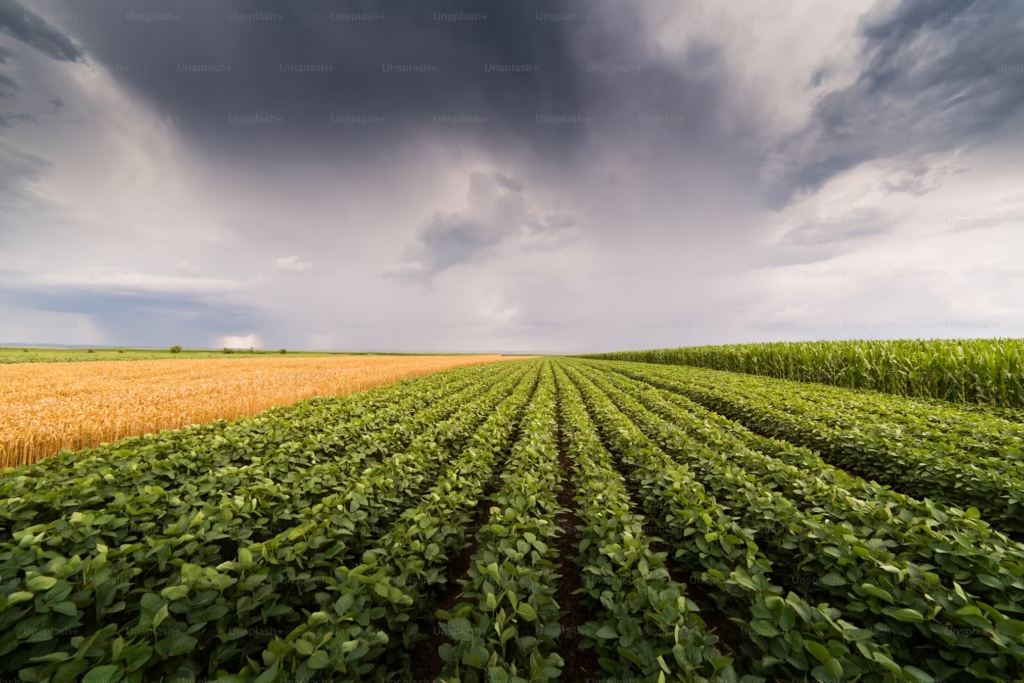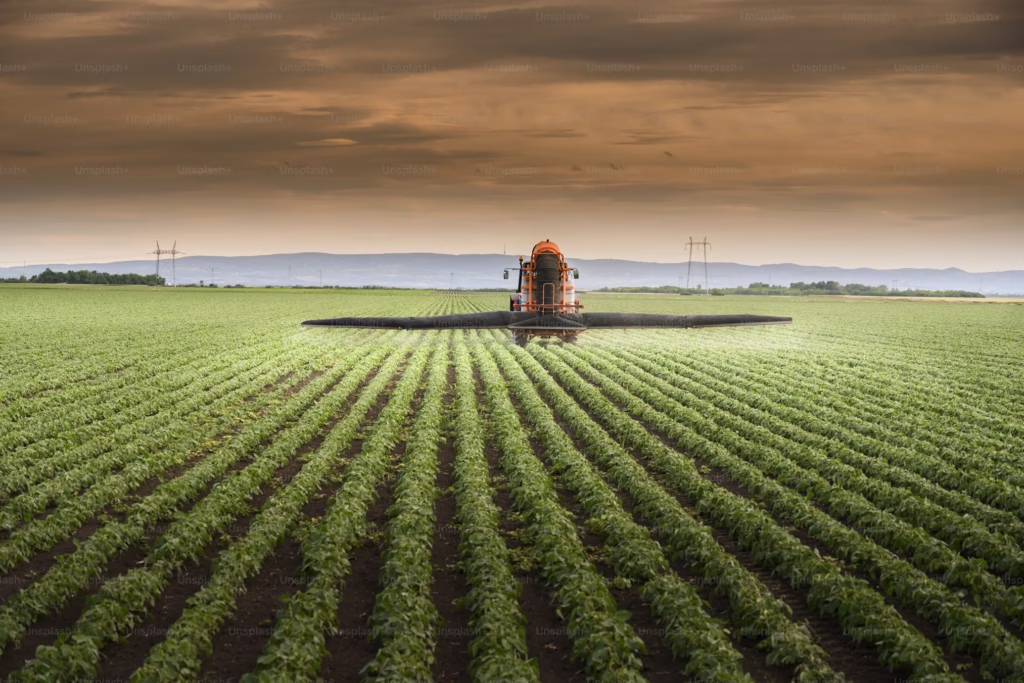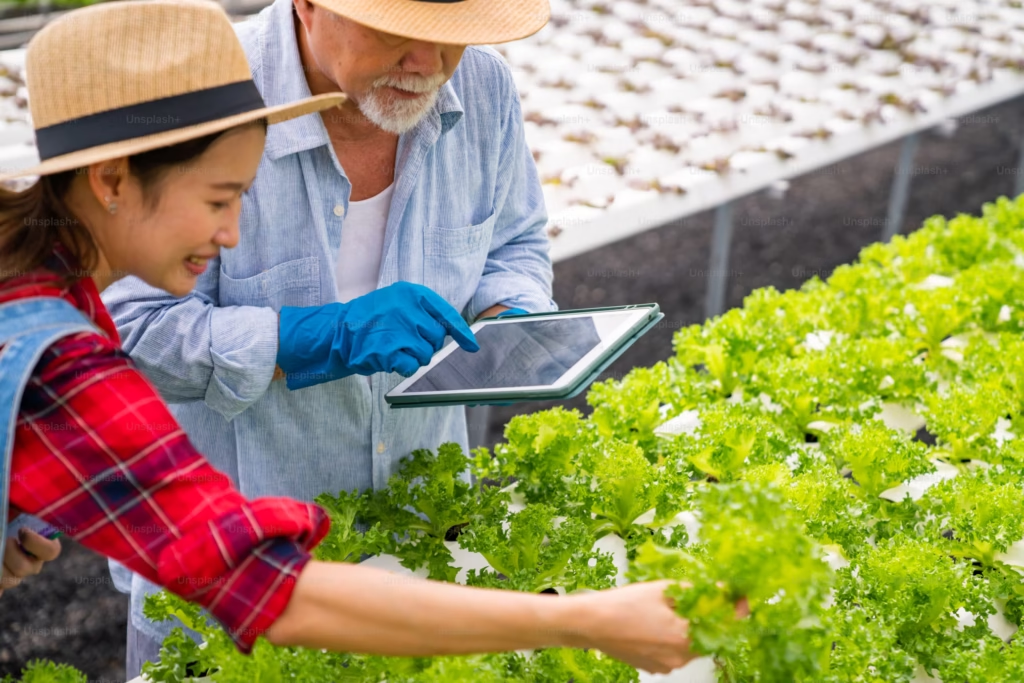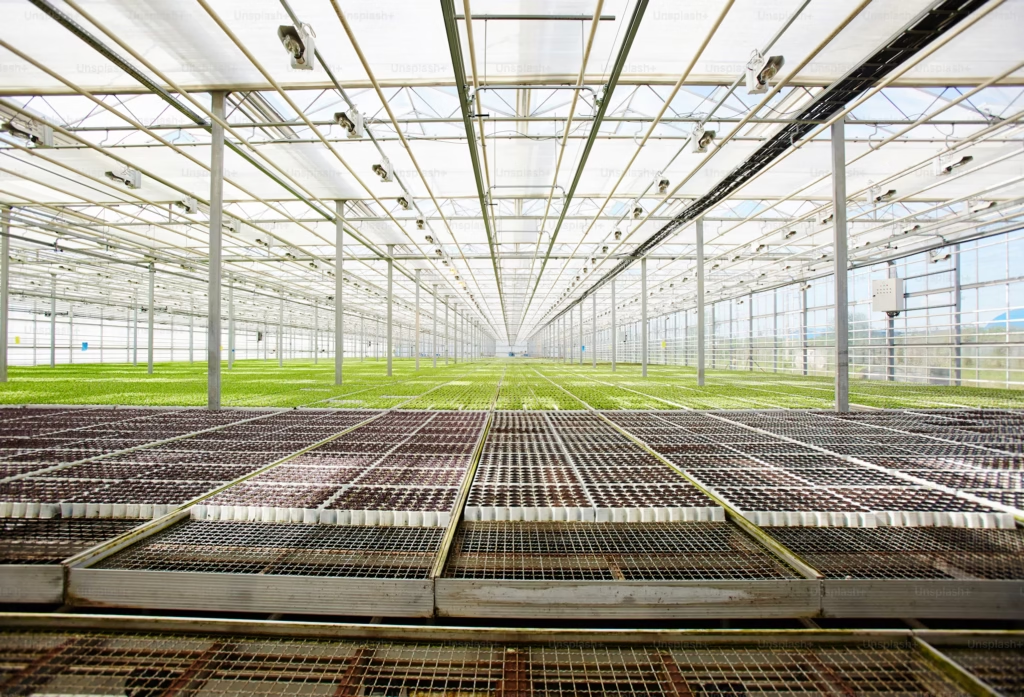
How Blockchain Is Revolutionizing Agriculture
Blockchain technology, originally developed to support cryptocurrency transactions, is increasingly being adopted across various industries, including agriculture. Its potential to improve transparency, traceability, efficiency, and security makes it a valuable tool in transforming the agricultural sector. In this article, we explore how blockchain is revolutionizing agriculture and the benefits it brings to farmers, consumers, and the entire food supply chain.
1. Enhancing Transparency and Traceability
One of the most significant impacts of blockchain in agriculture is its ability to provide end-to-end transparency and traceability. Every transaction made on a blockchain is recorded in a decentralized ledger, creating a permanent, unchangeable record. This is particularly valuable in agriculture, where knowing the origin of food products is increasingly important to consumers concerned about food safety, quality, and sustainability.
- Benefit for consumers: Blockchain allows consumers to track the journey of their food from farm to table, ensuring its authenticity and safety.
- Result: Increased trust between consumers, producers, and retailers, leading to higher demand for traceable, quality-assured products.
2. Reducing Fraud and Counterfeiting
Blockchain’s immutable nature helps to combat fraud and counterfeiting, which are persistent issues in the agriculture industry. By verifying each step in the supply chain, blockchain ensures that food products cannot be tampered with or misrepresented. This is especially important in the global marketplace, where products are often transported across multiple countries, making it difficult to confirm their authenticity.
- Benefit for farmers and producers: Blockchain provides an immutable record of their product’s journey, reducing the risk of fraud and ensuring fair compensation.
- Result: A reduction in the occurrence of counterfeit goods and fraudulent practices, increasing the integrity of agricultural products.
3. Streamlining Supply Chain Management
Supply chain management in agriculture can be complex, involving multiple intermediaries and processes. Blockchain allows for the automation of key aspects of supply chain management, such as payments, certifications, and product tracking, through smart contracts. These self-executing contracts automatically execute transactions when predefined conditions are met, reducing the need for middlemen and speeding up the process.
- Benefit for farmers: Farmers can streamline their operations and reduce delays by automating payment and transaction processes.
- Result: Increased efficiency, reduced operational costs, and faster transactions across the entire supply chain.
4. Facilitating Fair and Transparent Payments
Farmers, especially smallholder farmers, often face challenges when it comes to receiving fair payments. With blockchain, payment transactions are recorded transparently, ensuring that producers receive fair compensation for their products. Smart contracts can also ensure that payments are made instantly upon delivery or fulfillment of agreed terms, cutting out intermediaries who often delay payments or take a significant cut of the profits.
- Benefit for farmers: Immediate and transparent payments ensure that farmers are paid promptly and fairly.
- Result: Empowerment of smallholder farmers and a more equitable distribution of profits along the value chain.
5. Improving Food Safety
Food safety is a major concern for both consumers and regulators, particularly when it comes to the recall of contaminated products. Blockchain enhances food safety by providing real-time data on food products’ journey through the supply chain. In the event of contamination or safety concerns, blockchain allows for the quick identification and isolation of affected products, preventing further distribution and protecting consumers.
- Benefit for regulators and consumers: Blockchain enables faster and more accurate product recalls, improving food safety.
- Result: Reduced foodborne illnesses and greater confidence in the safety of agricultural products.
6. Promoting Sustainable and Ethical Practices
Blockchain can be a powerful tool for promoting sustainability and ethical practices in agriculture. By enabling farmers and organizations to track and verify sustainable practices (e.g., organic certification, fair trade, carbon footprint), blockchain encourages transparency in environmental and social standards. This allows consumers to make informed choices about the products they buy, knowing they align with their values.
- Benefit for consumers and producers: Blockchain helps verify the sustainability of agricultural practices, promoting eco-friendly and ethical farming.
- Result: Increased demand for sustainable, ethical products and greater incentives for farmers to adopt responsible practices.
7. Increasing Access to Financing
Access to financing is a major hurdle for many farmers, especially in developing regions. Blockchain platforms can enable decentralized finance (DeFi) applications, providing farmers with more access to capital through smart contracts and peer-to-peer lending. Blockchain’s transparent and secure nature helps reduce risks for lenders, making them more willing to provide loans to farmers.
- Benefit for farmers: Blockchain-based financing solutions provide easier access to loans and capital for farming operations.
- Result: Improved financial inclusion and empowerment for farmers, especially in rural or underserved areas.
8. Enhancing Crop and Livestock Insurance
Insurance is crucial for farmers to protect against risks such as crop failure, natural disasters, and livestock disease. Blockchain can improve the efficiency and reliability of agricultural insurance by using smart contracts to automate claims processing. For example, in the event of adverse weather conditions or natural disasters, blockchain can trigger automatic payouts based on predefined parameters, ensuring that farmers receive timely compensation.
- Benefit for farmers: Faster, automated insurance claims and fairer payouts reduce the financial burden on farmers during tough times.
- Result: Increased resilience of farmers to risks and disasters, leading to more stable agricultural operations.
9. Enabling Data-Driven Farming
Blockchain allows farmers to securely store and share data related to their farming practices, such as soil conditions, crop performance, and weather patterns. This data can be analyzed to optimize farming practices and improve productivity. Additionally, blockchain enables the secure sharing of data with agricultural researchers and institutions, promoting collaboration and innovation in farming techniques.
- Benefit for farmers and researchers: Secure data sharing enables better decision-making and the adoption of advanced farming technologies.
- Result: Increased productivity, sustainability, and innovation in farming practices.
10. Supporting Smart Agriculture Solutions
Blockchain complements the rise of smart agriculture technologies, such as the Internet of Things (IoT), drones, and artificial intelligence (AI). With blockchain, data from these technologies can be securely stored and shared in a transparent manner, ensuring that insights generated from IoT devices and sensors are reliable and traceable. This integration of blockchain with smart farming solutions can significantly enhance agricultural productivity and efficiency.
- Benefit for farmers: Access to data-driven insights and the integration of advanced technologies to optimize farm management.
- Result: Smarter farming practices, better resource management, and higher yields.
Conclusion
Blockchain is rapidly transforming agriculture by providing greater transparency, efficiency, and security across the entire food supply chain. Its ability to enhance traceability, streamline payments, promote sustainability, and improve food safety makes it a game-changer for farmers, consumers, and regulators alike. As blockchain adoption continues to grow, it will help create a more sustainable, efficient, and transparent agricultural ecosystem, benefiting everyone involved in the food production process.



